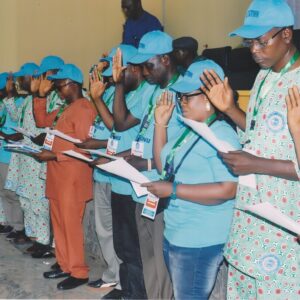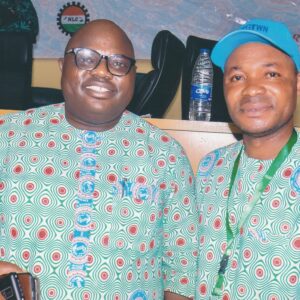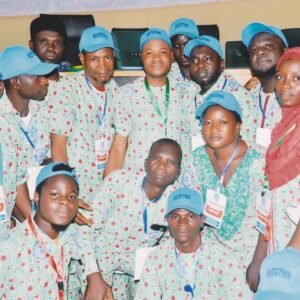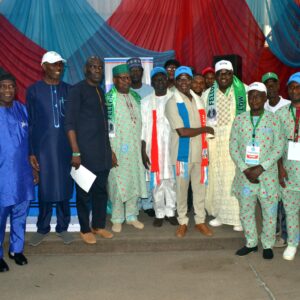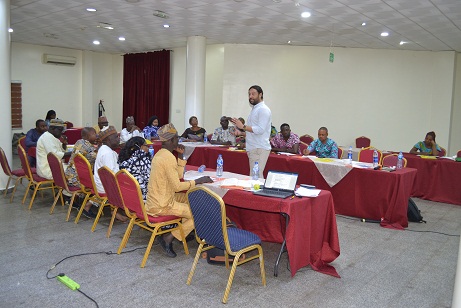
Following the successful conclusion of the 13th National Delegates’ Conference of our Union, held from March 25th to March 27th in Abuja, Nigeria, a resolute effort was launched to reinvigorate the declining textile and garment sector.
Gathering over 200 delegates from diverse organizations, including the Nigeria Labour Congress, Nigerian Textile Garment and Tailoring Employers Association, and IndustriALL affiliates across Africa, the conference convened under the theme: “Building union power for sustainable industrialization and the future of work.”
During the inaugural session of the conference, Comrade John Adaji, the immediate past President of NUTGTWN, emphasized the urgent need for the Federal Government to enact policies aimed at revitalizing the dormant industry.
Highlighting the stark reality that currently, 90 percent of textile products in Nigerian markets are imported, Comrade Adaji urged governmental intervention to revive and invest in the textile sector. He stressed the potential of such initiatives to generate two million jobs domestically and significantly curtail the staggering $4 billion annual import expenditure on textile and apparels.
Addressing the challenges plaguing the industry, Comrade Adaji lamented the exorbitant production costs of textile materials in Nigeria, attributing them to inadequate infrastructure and soaring energy expenses. Despite the Federal government’s Executive Order 003 mandating increased spending on locally produced goods by Ministries, Departments, and Agencies (MDAs) of the government, the textile industry continues to grapple with low patronage, particularly from governmental entities.
Drawing lessons from South Africa’s clothing and textile sector, which suffered due to insufficient local patronage and the influx of imported textile materials, Comrade Adaji underscored the transformative impact of the “Buy South Africa” Campaign initiated by the South African government. Through concerted efforts, the textile and clothing sector in South Africa has witnessed resurgence, resulting in the creation of numerous job opportunities.
In his capacity as NUTGTWN former president and co-chair for IndustriALL Sub-Saharan Africa region, Comrade John Adaji emphasized that:
“The key to real transformation and economic recovery lies in manufacturing. The textile industry has potential to create over two million jobs and bridge the huge unemployment gap in the country.”
This conference stands as a testament to our collective commitment to revitalize the textile and garment sector, paving the way for sustainable industrialization and a prosperous future for all stakeholders.
The Conference drew to a close with the election of new leadership tasked with spearheading the union’s endeavors over the upcoming four years.



